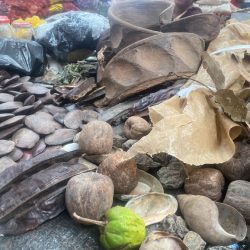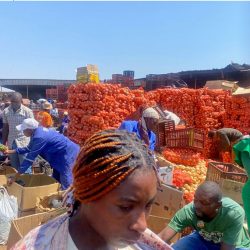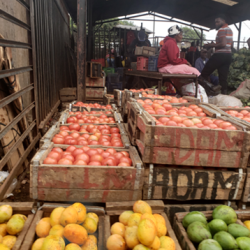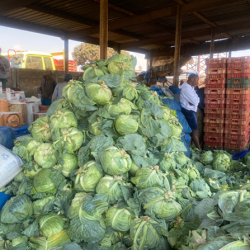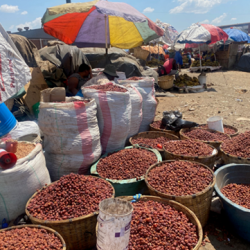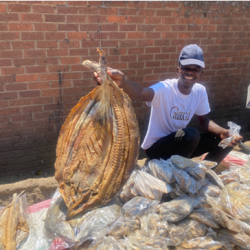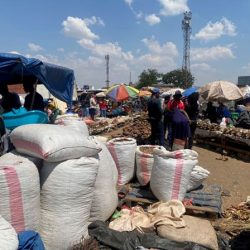Domesticating wild animals and plants can strengthen African food systems
For African countries that are preserving their biodiversity, domesticating wild animals and plants can be a promising avenue for strengthening food systems and creating totally new value chains. That will also liberate African communities from depending on corporate hybrids that are causing several health challenges to many populations. What prevents African countries from producing diverse Read more about Domesticating wild animals and plants can strengthen African food systems[…]

